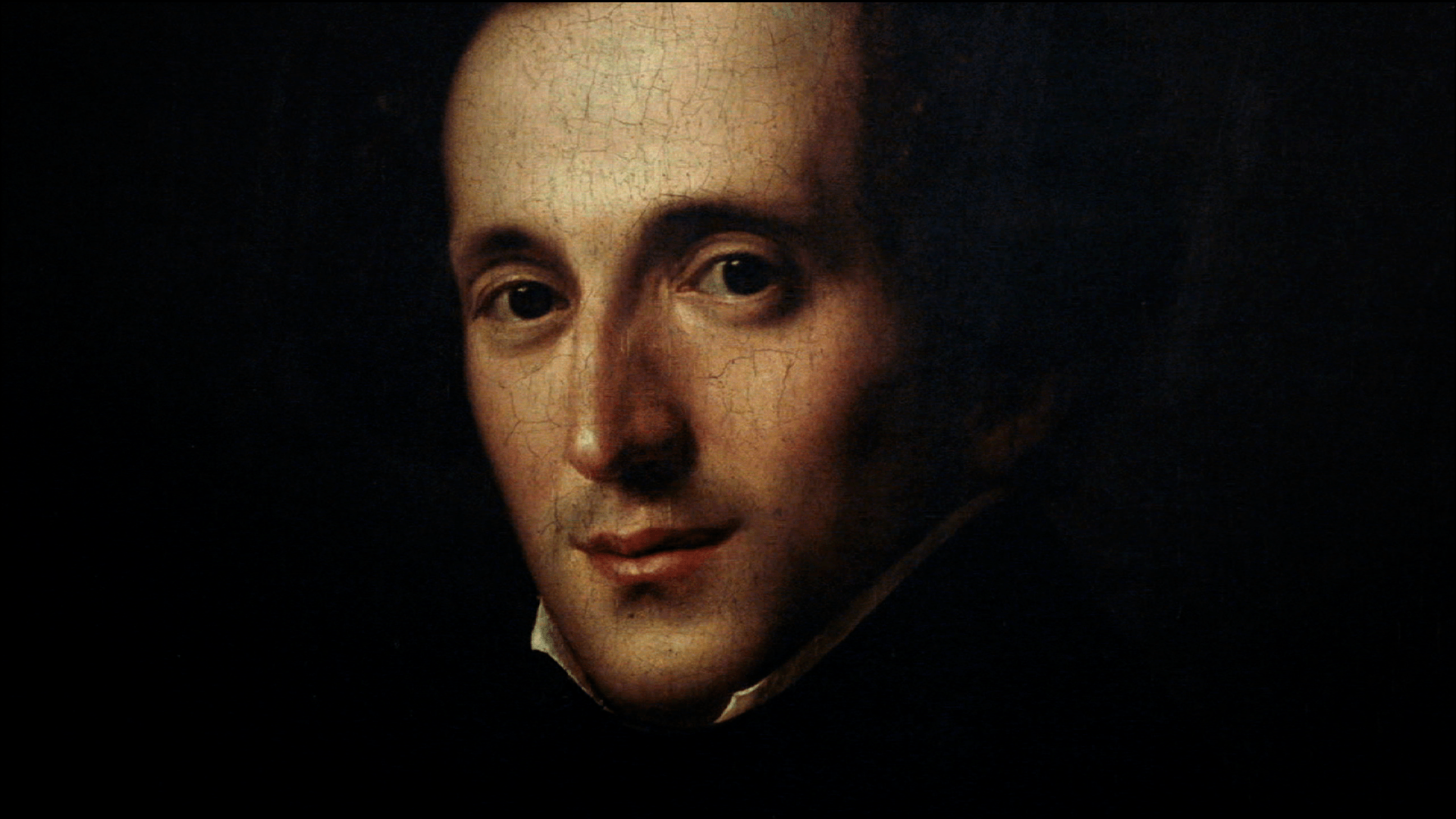Mendelssohn’s Fourth String Quartet: The Passion and Lament of E Minor
The key of E minor seems to have had special significance for Felix Mendelssohn. It opened the door to music filled with quiet anxiety, mystery, and haunting pathos. For example, consider the turbulent, windswept Romanticism of Mendelssohn’s song without words, the Albumblatt In E Minor, Op.117. Here, the pervasive melancholy of E minor is all the more striking when contrasted with the brief, sudden turn to sunny E major in the piece’s transcendent …






